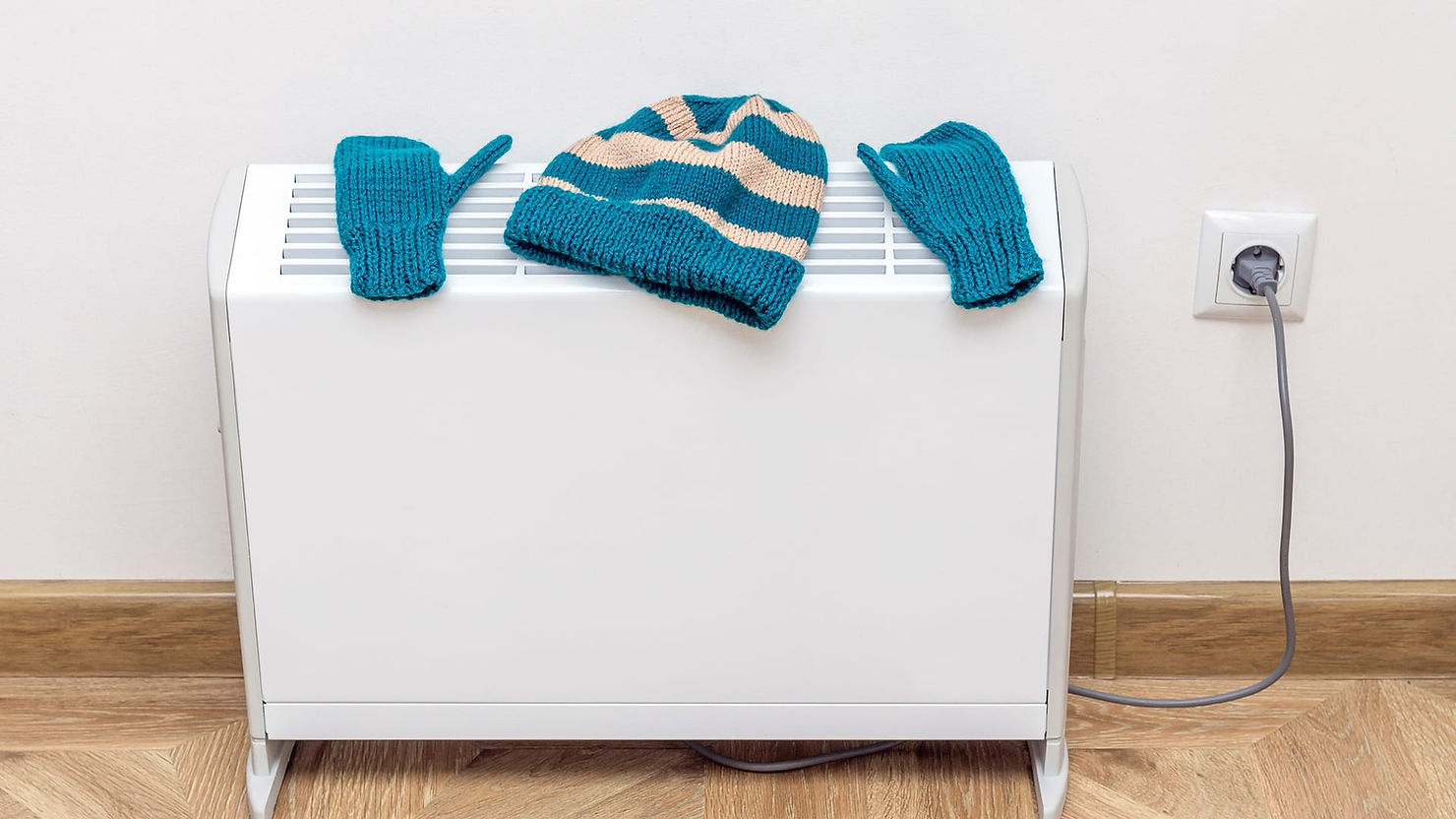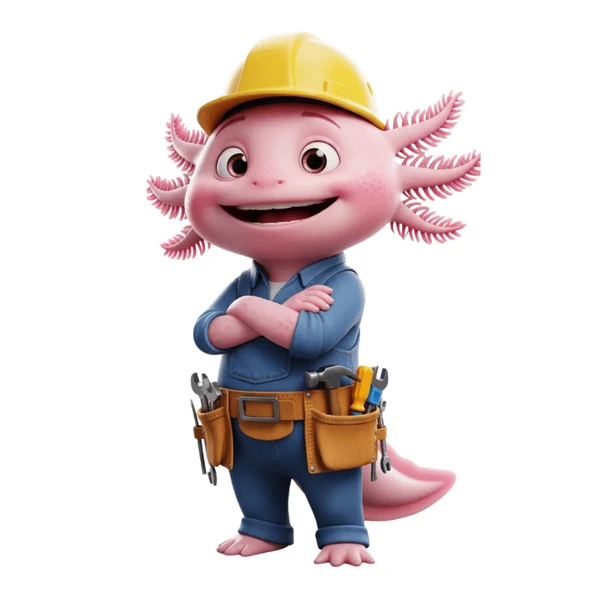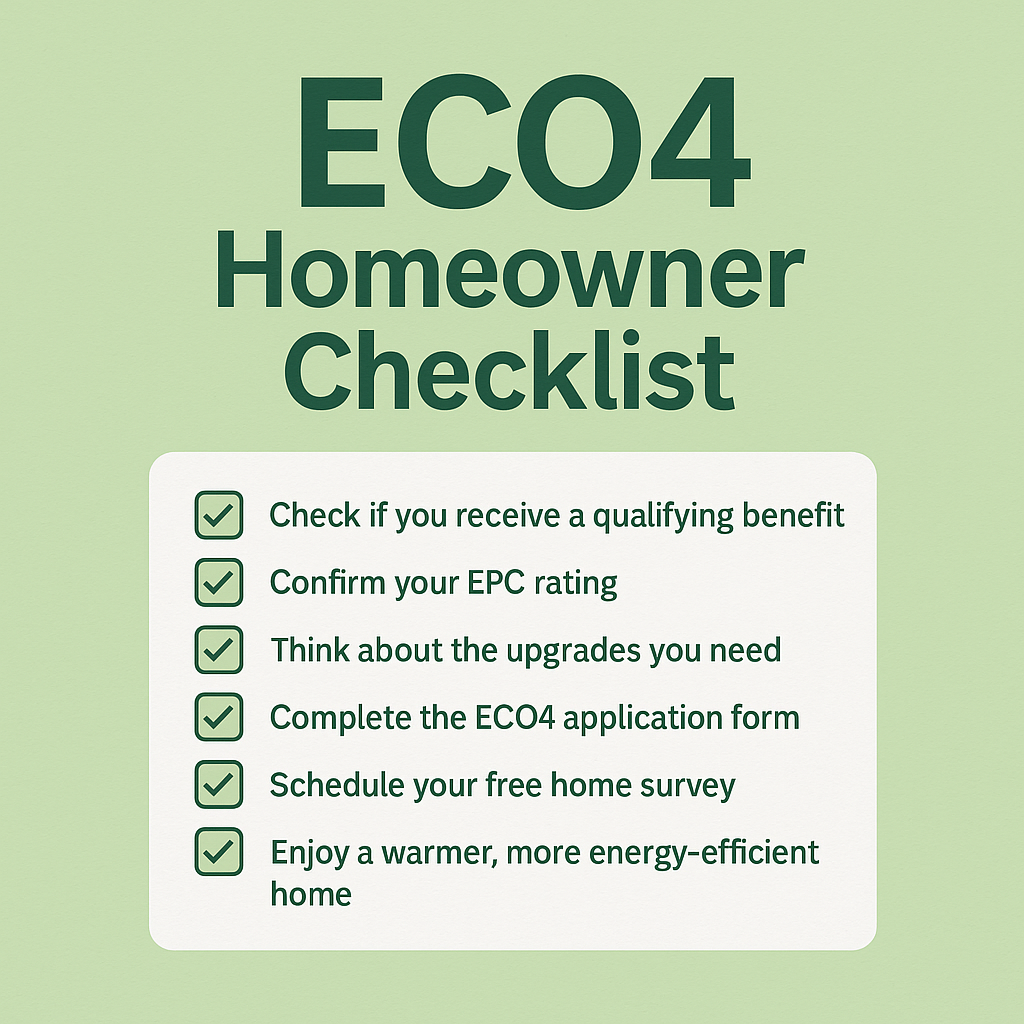Updated: Aug 24, 2021
We rely on our heating systems a lot, especially during the cold winter months. Lack of heating isn’t just uncomfortable, it can also have a serious impact on your health, especially if you’re elderly or vulnerable. Inefficient heating can have a negative impact on your home itself too, leading to problems like damp or condensation.
It’s important to have an efficient, fully functional heating system and the summer months are a great time to get everything in order before the cold snap hits. Don’t wait until freezing temperatures arrive, if you’ve noticed any of the following signs, this suggests it’s time to upgrade your existing heating system.

Unusual noises
All heating systems make the occasional sound but if you’ve noticed frequent unusual noises, it could be time for an upgrade. ‘Normal’ noises include a quiet continuous hum (while your system is running) and a swooshing sound from the air register as air flows through.
However, if you hear loud tapping, banging or squeaking, chances are that something isn’t right. There may be a simple fix (such as bleeding your radiators or replacing a faulty part) but if your system is old it may be easier to go straight for an upgrade.
Increased energy bills
We all expect to pay more for our heating bills during the winter months but what if you notice a sudden increase with no explanation? Heating makes up around 40% of the annual energy bill for a household but you may be paying far more than you need to.
If you’re using the same amount of heat and energy as you usually do, but you’ve noticed a significant increase in your heating bills, your system may need replacing. An inefficient system has to work much harder to maintain a stable, steady temperature so you’ll end up spending much more on your energy bills. Remember to book an annual boiler service to make sure your heating system is functioning as it should.
Radiators are slow to heat up
Do your radiators stay lukewarm or take hours to heat up? This can be uncomfortable and frustrating, plus you’ll be wasting money on heating that isn’t doing the job. A modern, energy efficient boiler should be able to reach its maximum temperature quickly, so slow radiators suggest you might need a new system.
You may also have noticed cold spots in your radiators (for example they are hot at the top but not at the bottom). In this case, you may need to bleed the radiators to release excess air or arrange to have your central heating system flushed. Sludge can build up in the pipes of your heating system which causes blockages and cold spots in radiators. If neither of these methods work, it’s time for a new boiler or heating system.
Dusty or dry air
Dust, pollen and other allergens can collect in the ductwork of your heating system over the spring and summer months. When you come to turn on your heating in autumn or winter, these build-ups of dust and debris can come rushing out into your home. This can lead to a range of health problems (especially for those with asthma or allergies), including sneezing, coughing, headaches and watery, itchy eyes.
You may be able to solve the issue by changing your air filters and blocked air filters also slow down air flow, leading to uneven heating or increased energy bills. Try cleaning or replacing your heating system’s air filters first; if this doesn’t work, there may be additional issues with your ductwork or you’ll need to replace your heating system.
Frequent breakdowns
If you’re constantly spending money on repairs to fix breakdowns in your system, it’s time for an upgrade. It might feel daunting to shell out for an entire new system but you’ll save money in the long run. You may also be eligible for heating funding (more on this later) so you won’t have to pay a penny to upgrade your system.
Strange smells
A healthy boiler should never have an odour, so a strange smell should be investigated as soon as possible. One potential cause is a carbon monoxide leak, which is extremely dangerous and can even be fatal. Carbon monoxide itself is odourless but a leak could cause a smell due to your boiler not burning properly.
Other warning signs for carbon monoxide include:
● A yellow boiler flame (instead of a crisp blue flame)
● Increased condensation inside windows
● A pilot light that frequently goes out
● Dark soot staining around the appliance
● Headaches or shortness of breath
If you notice a strange smell or any of the other warning signs above, evacuate your home and call the emergency gas line immediately on 0800 111999.
Old age
If your current boiler or heating system is over 15 years old, it’s a good idea to replace it. Older heating systems aren’t as energy efficient and you may notice uneven temperatures or radiators that are slow to heat up.
You can check how old your heating system is by inspecting the unit. The technician may have written the installation date on it, or you can check the metal identification plate inside the chamber door. If your heating system is 15 years old or more, and you’ve noticed any other warning signs, look into your options for a replacement.
Leaks
If you notice drips coming from your boiler or puddles in the surrounding area, it’s time to take immediate action. Leaks indicate that internal parts are faulty or have started to disintegrate and they can lead to further issues, like rust and corrosion.
A leaky boiler also means that your heating will be inefficient and it’s a waste of water! Call an engineer as soon as possible to prevent further damage to your home. They may be able to fix the leak or suggest a complete boiler replacement.
How can I access an upgrade?
So, you’ve identified the issues that suggest you need an upgrade, but how do you go about upgrading your heating system? Many people worry about the cost of a new boiler or electric heating, but you may be eligible for a replacement under the government’s Energy Company Obligation (ECO) scheme. The ECO3 scheme provides funding for heating upgrades such as replacement gas boilers or replacement electric heating from a reliable energy supplier.
The scheme is designed to help low income or vulnerable households (in either privately rented or owned property) across the UK. You can find out more about whether you’re eligible for a grant here and even if you don’t qualify, you may be able to access funding through flexible eligibility. Grants can be used to cover a number of heating upgrades, including replacement gas boilers, electric heating, loft insulation or cavity wall insulation.
Manage your heating upgrade with help from UK Energy Management (NE) Ltd
If you’re in need of a heating upgrade but worried about the costs, manage your heating funding with help from UK Energy Management (NE) Ltd. Simply complete our simple online form to see if you’re eligible for a grant under the ECO3 scheme. If successful, we’ll visit your home to conduct a free, no obligation survey to assess which upgrade would benefit you best. We’ll then install your new energy saving measures so you can enjoy the benefits of a safe, warm, comfortable home.
We’re proud to offer a range of heating upgrades, including electric heating, gas heating, solid wall insulation and loft insulation. Worried you’re not eligible? Get in touch with us anyway and we can apply for flexible eligibility on your behalf. Our professional team is on hand to help you secure the funding you need, so call us today on 0191 466 1185 or contact us online to find out more.



